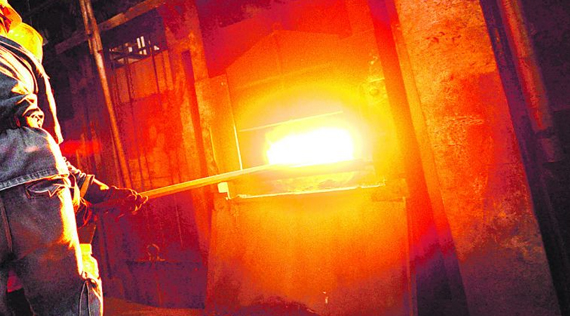
SEATTLE (ITRI.CO.UK): On 3rd April 2017, the Council of the European Union adopted the long debated regulation designed to address conflict and human rights abuses linked to the global mineral trade of tin, tantalum, tungsten and gold (3TG) through certification of EU importers.
The Regulation will now come into effect shortly after being published in the official journal of the EU although the key clauses on due diligence, risk management, disclosure and other reporting obligations will not be binding until 1st January 2021. The Regulation explains how, unlike the more geographically limited US equivalent Dodd Frank Act, due diligence would be expected on materials originally sourced from any 'conflict or high-risk' area around the world. Importers of listed products into the EU are encouraged to begin understanding the requirements and considering the best approach to comply. The rules are expected to be applicable to tin products defined by the following CN codes;
• Tin, unwrought 8001
• Tin bars, rods, profiles and wires 8003 00 00
• Tin, other articles 8007 00
• Tin ores and concentrates 2609 00 00
• Tin oxides and hydroxides ex 2825 90 85
• Tin chlorides 2827 39 10
Various thresholds for import volumes have also been set which are designed to exempt smaller importers from the requirements even though this is not in conformance with the OECD guidance on due diligence in supply chains which explains how actions can be tailored for company size and used by all. Importers who are affected will be required to undergo an additional audit. The European Commission will be drafting a handbook including non-binding guidelines to help companies with the identification of conflict-affected and high-risk areas although it may be unlikely that specific or up to date advice on precise locations will be available. The Regulation does not apply mandatory requirements on downstream companies producing or importing consumer products although some voluntary action is recommended. As a result, it seems that the Regulation will not fully control the import of goods potentially affected by conflict or human rights into the EU.
Courtesy: www. itri.co.uk
| Copper Scrap View All | |
| Alternator | 0.31 (0) |
| #1 Copper Bare Bright | 3.65 (0.02) |
| Aluminum Scrap View All | |
| 356 Aluminum Wheels (Clean) | 0.71 (-0.01) |
| 6061 Extrusions | 0.62 (-0.01) |
| Steel Scrap View All | |
| #1 Bundle | 475.00 (0) |
| #1 Busheling | 495.00 (0) |
| Electronics Scrap View All | |